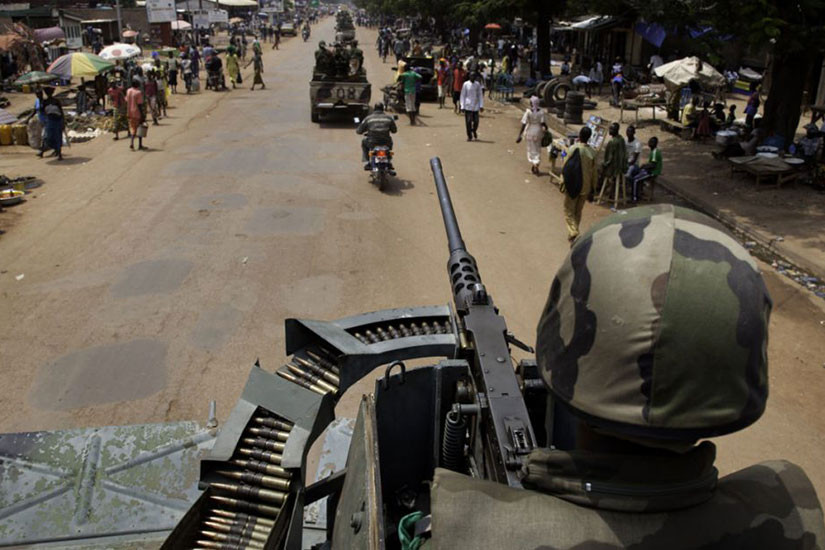
Rules of war: Why they matter
The rules of war, or international humanitarian law (as it is known formally) are a set of international rules that set out what can and cannot be done during an armed conflict.
The main purpose of international humanitarian law (IHL) is to maintain some humanity in armed conflicts, saving lives and reducing suffering. To do that, IHL regulates how wars are fought, balancing two aspects: weakening the enemy and limiting suffering.
The rules of war are universal. The Geneva Conventions (which are the core element of IHL) have been ratified by all 196 states. Very few international treaties have this level of support.
Watch the video to understand the principles of international humanitarian law (IHL)
Everyone fighting a war needs to respect IHL, both government forces and non-State armed groups.
How are lines drawn between those who are fighting in wars and those who are not in armed conflict? This is the essence of the Geneva Conventions in armed conflict.
Jus ad bellum and jus in bello are the branches of law that regulate armed conflict — but when and where do they apply in situations of conflict?
International humanitarian law (IHL) and International human rights law (IHRL), and International criminal law (ICL) — what are their similarities and differences, and how can they be used to protect the lives and dignity of individuals?
If the rules of war are broken, there are consequences. War crimes are documented and investigated by States and international courts. Individuals can be prosecuted for war crimes.
Find these videos about the rules of war and more on our YouTube channel.
